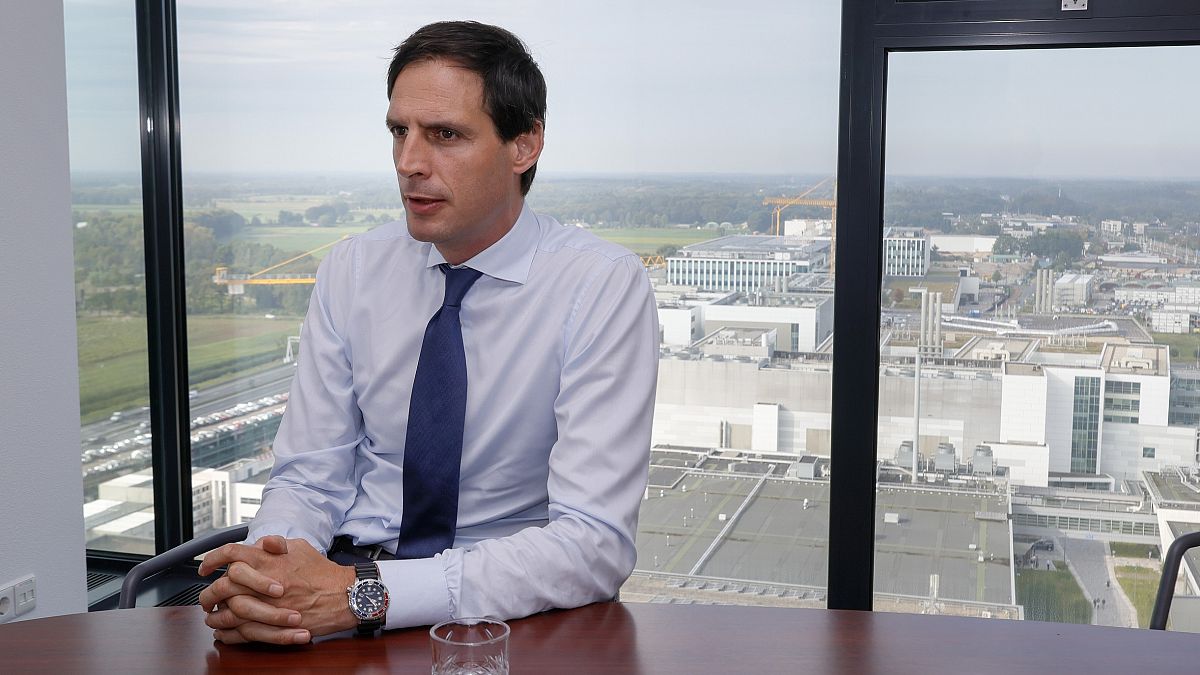Wopke Hoekstra, the EU’s climate commissioner, is determined to use tax changes to encourage Europeans to make greener choices in areas such as transportation and heating. Hoekstra believes that taxation can act as a catalyst for transformation, pushing individuals and businesses towards more sustainable choices. However, he faces challenges due to the need for unanimous agreement from all 27 EU member states on tax policy changes.
The issue of reforming the Energy Taxation Directive has proved to be a sticking point, with Hungary proposing a compromise that was met with mixed reactions. Hoekstra is particularly concerned about the taxation of the aviation and maritime sectors, highlighting the need to take action in these areas. He also criticized the widespread application of zero VAT rates for international air and maritime transport, regardless of their environmental impact.
Despite the challenges, Hoekstra is committed to proposing a legally binding target for a 90% reduction in greenhouse gas emissions by 2040 compared to 1990 levels. This ambitious target aligns with the EU’s goal of cutting emissions by 55% by 2030. Hoekstra aims to find a consensus within the EU Council on energy tax reform while maintaining a high level of ambition.
Transport & Environment, an NGO umbrella group based in Brussels, has called for government delegates in the EU Council negotiations to correct the misalignment between transport taxation and EU climate policy. They suggest that revenues from a kerosene tax could be reinvested in cleaner transport alternatives like rail or in decarbonizing the aviation sector itself. This approach could help shift towards cleaner modes of transportation.
Overall, Hoekstra’s plans to use taxation as a tool to drive climate goals face significant challenges due to the need for unanimous agreement from all EU member states on tax policy changes. Despite these obstacles, he remains committed to proposing ambitious emission reduction targets and working towards a consensus on energy tax reform within the EU Council. By aligning tax policy with climate goals, Hoekstra aims to nudge Europeans towards making more sustainable choices in their daily lives.










